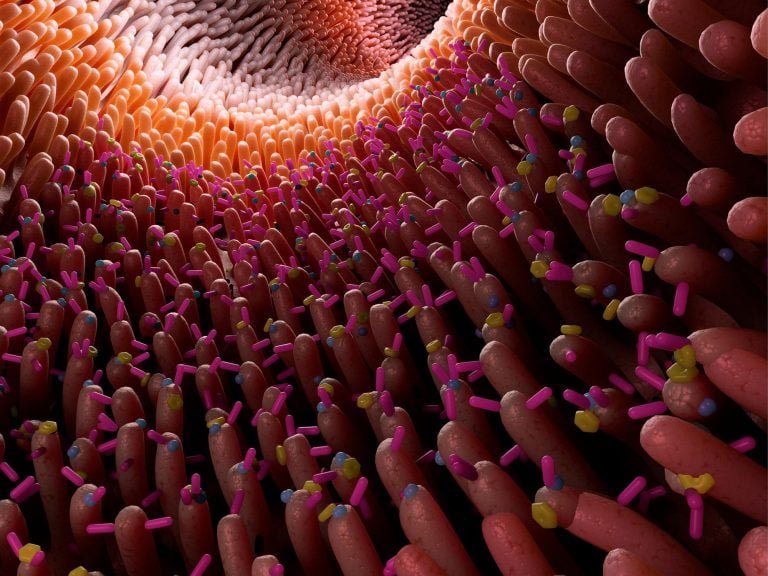A groundbreaking study from Bar-Ilan University reveals a shocking connection between antibiotic use in infancy and increased aggression in mice, with profound implications for human behavior.
Key Findings:
- Disruptions to the gut microbiome, especially from antibiotics, lead to persistent aggressive behaviors.
- Reduced diversity in gut bacteria correlates with increased aggression.
- Changes in neurotransmitter levels and gene expression contribute to aggressive behavior.
The Study:
Researchers used a mouse model to investigate the effects of antibiotic exposure on behavior, biochemistry, and neuroscience. They transplanted human infant-derived microbiomes into mice, observing increased aggression in those receiving antibiotic-exposed microbiomes.
Implications:
- Early-life antibiotic exposure may shape future social behaviors.
- The gut-brain axis plays a critical role in aggression development.
- New avenues for understanding and mitigating aggression.
Expert Insights:
“Our findings are revolutionary… A disrupted microbiome during critical developmental periods can lead to persistent aggressive behaviors later in life.” – Prof. Omry Koren
Reference:
“A gut reaction? The role of the microbiome in aggression” (Brain, Behavior, and Immunity, 2024)
Share Your Thoughts:
How do you think antibiotic use in infancy affects human behavior? Join the conversation!
Related Articles:
- Does Sugar-Free Candy Give You Gas?
- Gut Bugs: The Microbes Responsible for Controlling Your Body’s Temperature
- Physicist Claims To Have Solved the Mystery of Consciousness
Stay Informed:
Follow us for the latest updates on neuroscience, microbiome research, and more!

















